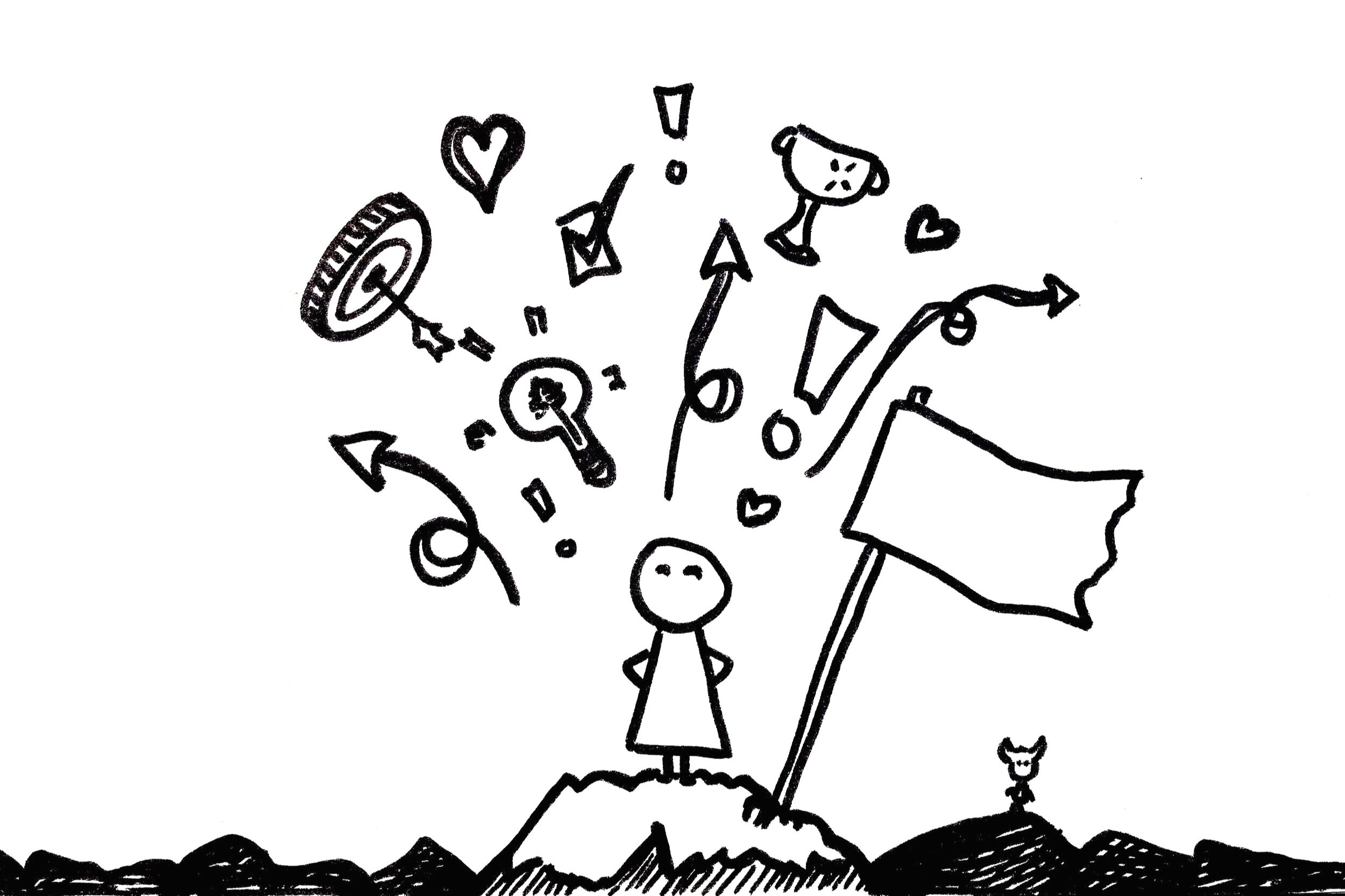Maximum Fun: How to explain a psychologist visit
When families call me to set up a first appointment, one of the most frequently asked questions I get after we schedule the meeting is this:
"How do I explain to my kid why we are seeing a child psychologist?"
This is a great and understandable question that I love getting from parents. Many younger children have never heard the word psychologist, let alone have an understanding of what one does. Older kids or teens often have familiarity with psychology, but that understanding stems from the portrayal of a mental health professional in a movie or TV show. Such notables as The Scarecrow from Batman, Tobias Fünke on Arrested Development, Dr. Phil, and Hannibal Lecter. Awesome group to be associated with.
To answer this question, let’s circle back: why exactly do people visit child psychologists? Usually, the answer is “because some thoughts, feelings or behavior are getting in the way at home, at school or with friends/family." Take that apart and you get the gist of what we want to tell kids- some part of life is hard right now, and we need to find some tools so that the hard stuff does not get in the way of you living your awesome life.
Of course, explaining this well to a child is easier said than done (easier said than said? Easier... um, explaining this can be hard to do).
Families are often concerned that visiting a psychologist or beginning therapy will send the message to their child that parents believe something is "wrong" with the child, that they are "crazy"/broken/messed up/(insert random problematic belief here). Fortunately, psychologists are more visible at schools/in the community, therapy is more openly discussed, and most kids and teens I meet with tell me that they wanted to see someone for some support, especially after they heard about that one friend meeting with a therapist too.
Seeing a mental health professional tends to validate the difficulty that kids are having. It allows parents to say: "I see this is hard, I get it, and I'm here for you. We love you and will do everything we can to support you, including adding another teammate to our healthcare team."
Perhaps paradoxically, self-esteem and mood tend to go up over the course of that first psychologist visit, since the visit also normalizes emotional and behavioral struggles. When I talk to kids at that first meeting, I can almost always say, "Yes, actually, I know just what you are experiencing- I've hung out with lots of kids dealing with the exact same thing! And if you want, I have some really good tools I could teach you that will help make that stuff easier."
This exchange is a POWERFUL source of hope- it really drives home the message that anxiety is not atypical, and that emotional struggles are both normal and understandable! Other kids have experienced this stuff too, and we have ways to help. Life doesn't have to stay this hard.
Put this all together, and here is what I say to kids when I first meet them, verbatim:
"Hi Little Billy! My name is Kathryn Hecht, and I'm a psychologist. I know that all kids have things that are easy for them- that they are really rockstars at- and things that are harder for them. My job is to get to know you really well and figure out what stuff is easy, what stuff is hard, and to find ways to make the hard stuff easier."
During this conversation (which also covers confidentiality, logistics, paperwork, etc.) I also tell families that my goal for them is to get life to MAXIMUM FUN.
This is a really helpful way to drive home the core of what child psychologists do. Our job is not to get rid of all the awful thoughts and feelings of life- those things can't be eliminated or avoided, because sometimes life is difficult! Instead, our job to make sure that when those thoughts and feelings show up, we have tools in hand and a plan in place so that the negative thoughts and feelings don't stop your from kid living their best life.
In brief, here are the key things to convey to your child when discussing a first psychologist visit:
When something like worry/anger/sadness/intrusive thoughts/etc. is getting in the way of Maximum Fun, kids or families visit a psychologist (or for the Littles, a “feelings doctor”).
Psychologists' main job is to figure out ways to make life's hard stuff easier, and to get kids back to having the most fun possible in life, despite the thoughts and feelings that show up.
Psychologists try to be like a detective and problem solver, sleuthing to learn about what the hard stuff is and when/why it happens. To do this, they will ask lots of questions about family, friends, school, fun/extracurriculars and feelings.
Once psychologists know what the tricky stuff is, they will work with kids and families on putting together a toolkit of strategies that should make the hard stuff easier at home, at school, with friends and in the community. For anxiety, this includes learning about worry, making kids experts at spotting worry when it shows up, and learning specific ways to boss worry back when it tries to take charge.
That’s the gist of it, my friends. Happy Friday!
